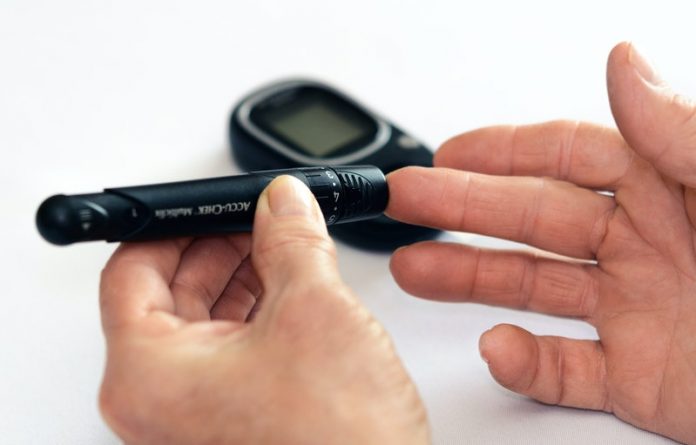
Scientists from King’s College London and elsewhere confirmed that COVID can raise the risks of heart disease and diabetes—though those threats typically wane again after a few months.
They found that the risks of suffering a blood clot or heartbeat irregularity shot up strongly for a month post-infection. After that, the heart risk dropped sharply but remained for another two months.
They also found new diabetes diagnoses rose in the month after a COVID diagnosis, then declined gradually over the next two months before returning to normal.
The research is published in the journal PLOS Medicine and was conducted by Dr. Bruce Y. Lee et al.
In the study, the team examined nearly 430,000 British COVID patients. These people had been diagnosed with COVID in 2020 or 2021 and had no history of diabetes or heart disease.
Each of those patients was compared with another patient from the same primary care practice who was of the same sex and age, but who had not been diagnosed with COVID.
The researchers found COVID patients were five to 11 times more likely than the comparison group to develop a blood clot in the veins or lungs for one month after being diagnosed with the infection.
Their risk of developing an atrial arrhythmia, meanwhile, was over sixfold higher.
That refers to an irregular heartbeat affecting the heart’s upper chambers, which can cause symptoms such as palpitations, fatigue, and dizziness.
After the first month, all of those heart risks dropped sharply but remained somewhat elevated over the next two months.
The team found COVID patients were also more likely to be newly diagnosed with diabetes, with an 81% higher incidence in the first post-infection month.
That excess risk declined over the next two months before returning to normal.
The team says the virus is believed to trigger events that can affect multiple systems in the body, including a dysregulated immune response and cell dysfunction
In the case of diabetes, the virus might infect pancreatic cells, which produce the hormone insulin. (Type 2 diabetes, the most common form, arises when the body is unable to use insulin properly.)
There are other potential explanations, too. In some cases, COVID might keep people off their feet for so long, the inactivity worsens existing insulin resistance — a precursor to type 2 diabetes.
It’s also possible that previously undiagnosed diabetes is being caught.
The team says people should be aware that the incidence of diabetes, in particular, stays elevated for about three months.
If you care about COVID, please read studies about antibodies that block all the COVID-19 variants, and people over 50 years old may get shingles after COVID-19.
For more information about COVID, please see recent studies about people who have best COVID-19 protection, and results showing common asthma drug may help treat COVID-19.
Copyright © 2022 Knowridge Science Report. All rights reserved.



